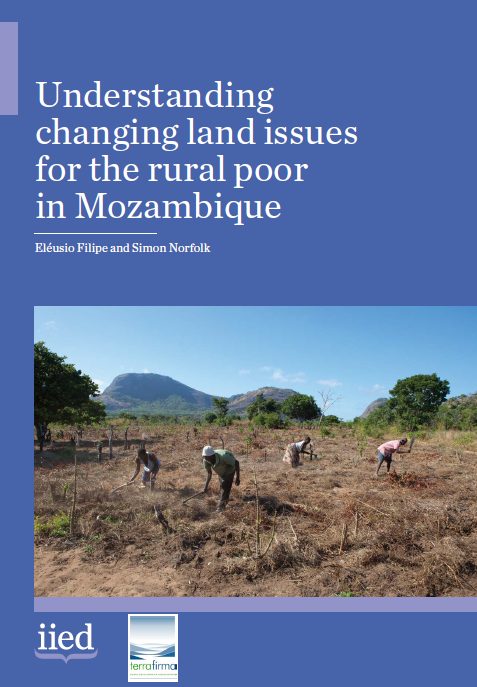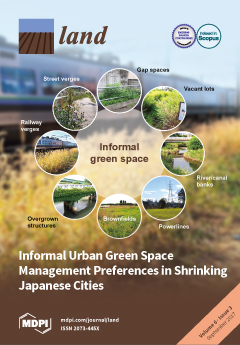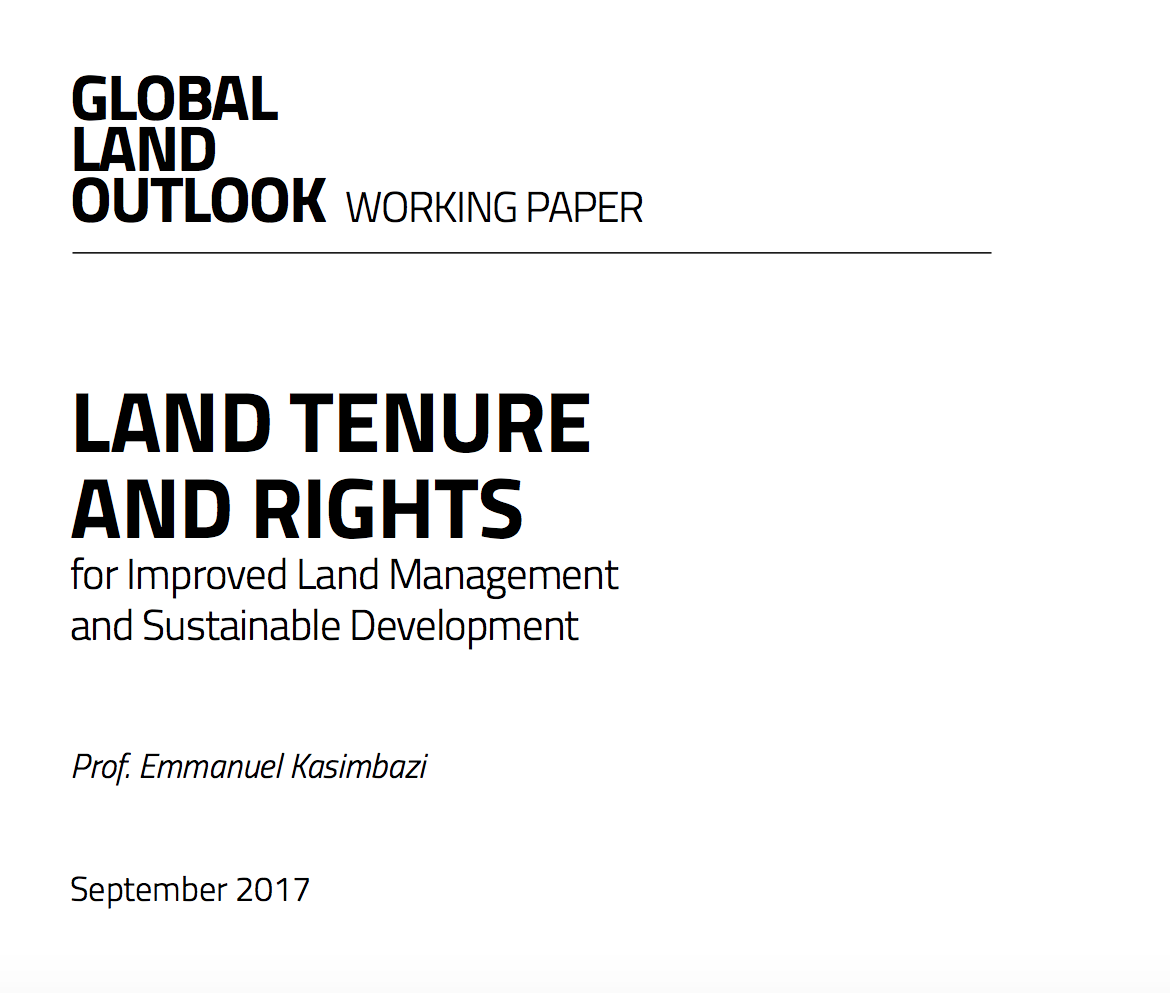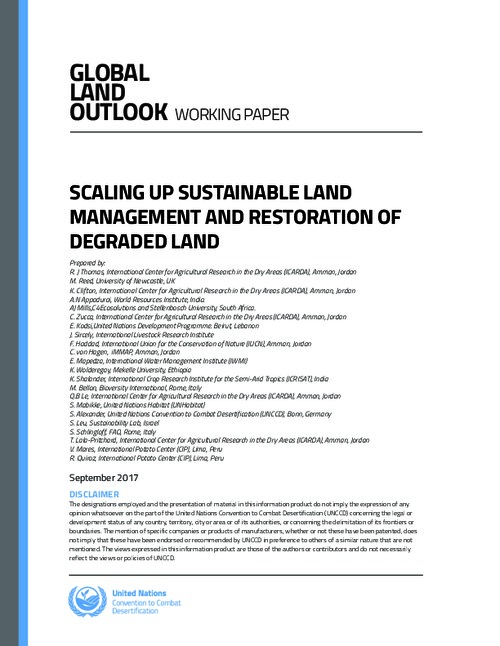SLM options in Medenine: current patterns, issues on technological, economic and ecological efficiencies, adoptions and recommendations for effective out-scaling
This is the presentation of Dr. Mohamed Ouessar during the workshop "Sustainable Land Management to Achieving Land Degradation Neutrality: Options-by-Context Approach and Tool", final workshop for the project "Impact Evaluation of SLM Options to Achieve Land Degradation Neutrality", held in Tunis on the 24th October 2017. This presentation highlights the SLM techniques documented by the team in Medenine governorate.









